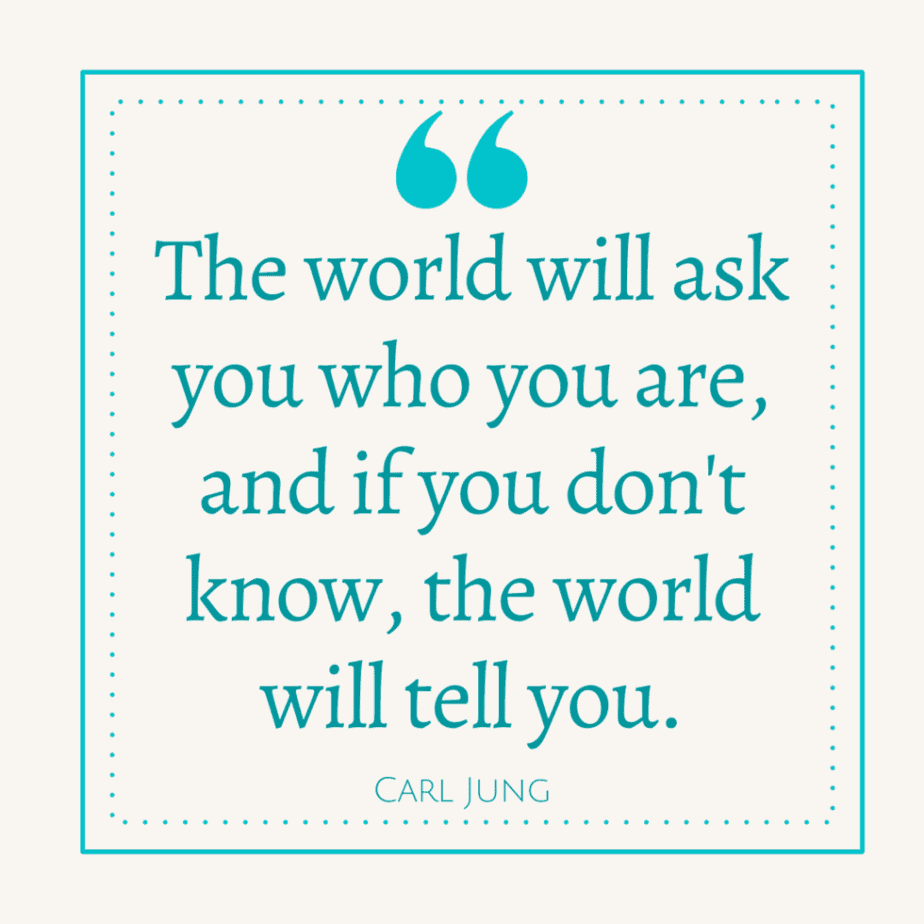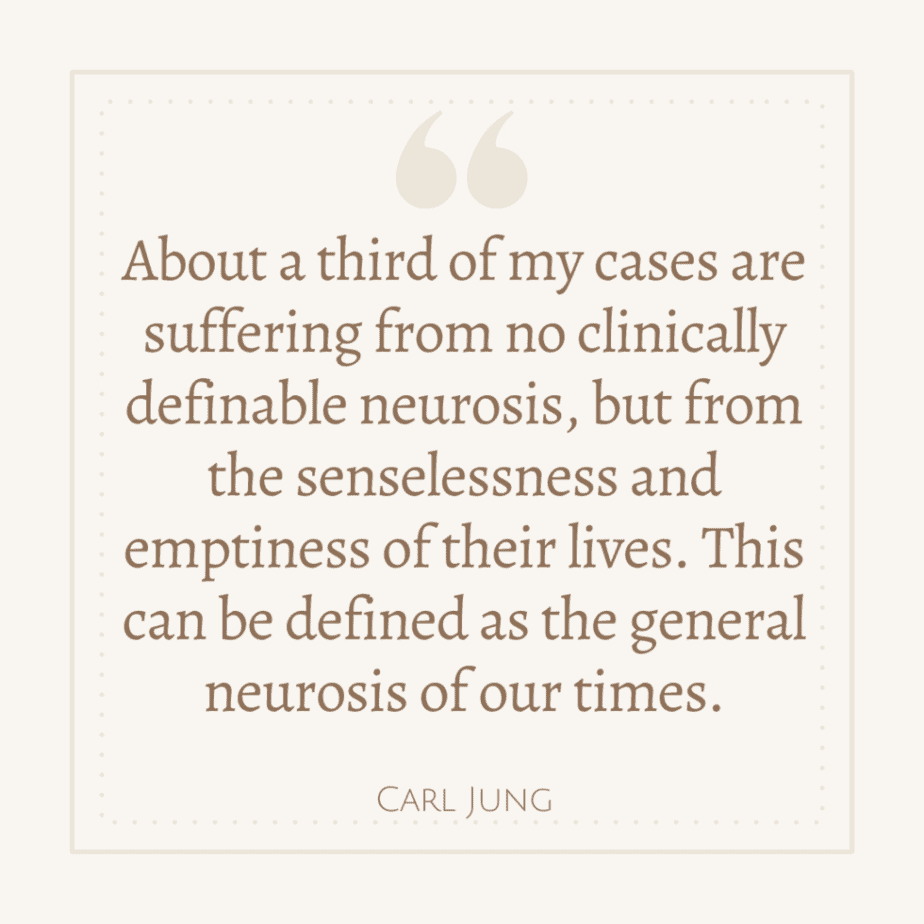Carl Jung: The Man Behind the Quotes
Carl Jung is one of the most influential thinkers of the 20th century, renowned for his pioneering work in psychology and psychiatry. As the founder of analytical psychology, Jung’s theories have left a lasting impact on the field and beyond, with many of his quotes still being widely shared today. In this article, we explore Carl Jung’s life, the origins of his philosophical teachings and the impact of his legacy.
Exploring Carl Jung’s Life
Carl Jung was born in 1875 in a small Swiss village near Zurich. He was the youngest of four children and spent his childhood living in a rural environment. He was particularly interested in nature, which became a recurring theme in many of his later writings.
Jung’s academic career began when he enrolled at the University of Basel in 1895, where he studied medicine and psychiatry. During this time, he was heavily influenced by the works of Sigmund Freud and became the first president of the International Psychoanalytical Association.

In 1904, Jung traveled to the United States to present a series of lectures on psychoanalysis. He also visited India, where he was exposed to Eastern spirituality which influenced his later works.
Jung became a professor in 1910 and established the Psychoanalytic Institute in Zurich in 1916. He was also a prolific writer and published 12 volumes of work during his lifetime, including works on archetypal psychology, dreams, and mythology.
Jung continued to work and lecture until his death in 1961, leaving behind a legacy that is still felt today.
Uncovering the Mind of the Philosopher
Jung’s theories and works focused on the human psyche and explored the unconscious mind. He believed that the unconscious was composed of two parts: the personal and the collective unconscious.
The personal unconscious was composed of experiences and memories that are unique to each individual. The collective unconscious was composed of archetypes, which Jung defined as “universal, archaic patterns and images that derive from the collective unconscious.”
Jung also explored the concept of synchronicity, which he defined as “meaningful coincidences.” He believed that the universe was fundamentally connected, and that events that appeared to be completely unrelated could be linked in a meaningful way.
Jung’s theories on psychology and spirituality have been hugely influential, influencing the works of other philosophers, scientists and writers.

Unpacking Jung’s Influence and Impact
Jung’s work has had a profound impact on the fields of psychology and psychiatry, and his theories continue to be studied and discussed in academic circles.
His theories on the collective unconscious have also had a lasting effect on literature and art. His ideas about archetypes and symbolism have been used to explain and interpret works of literature and film, as well as to create new art.
Jung’s work has also been influential in the field of depth psychology. Depth psychology is the study of the unconscious mind and the motivations that drive our behavior. It has been used to explain and treat psychological disorders, as well as to explore the depths of the human psyche and its potential.
Jung’s work has also had an effect on religion, with many of his ideas being used to interpret religious texts and to explore spirituality.

The Legacy of Carl Jung
Carl Jung’s legacy continues to live on today. Many of his quotes are still shared and cited, and his theories continue to be studied and discussed by scholars.
His ideas about the collective unconscious and synchronicity have had a lasting impact on literature, art and film, and his work on psychology and spirituality has been hugely influential in both academic and popular circles.
Jung’s work has also had a significant impact on the field of depth psychology, and his theories continue to be used in the treatment of psychological disorders. Finally, his views on religion and spirituality remain relevant today and continue to shape our understanding of faith and belief.

Carl Jung’s theories and ideas have had a lasting impact on the field of psychology, literature and art, and beyond. His legacy continues to shape our understanding of the human psyche, spirituality and the universe, and it is clear that Carl Jung’s influence will remain for years to come.
